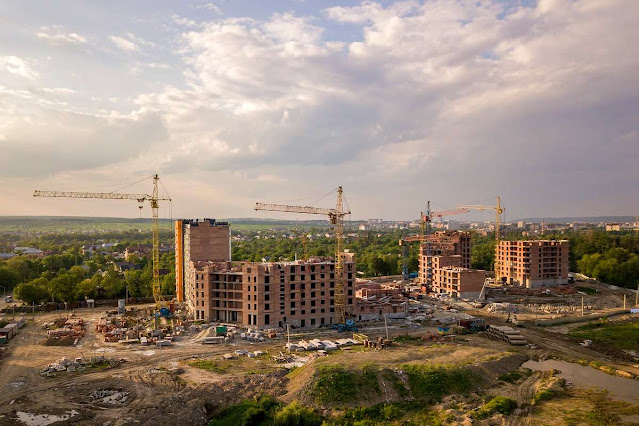When participating in the process of international economic
integration, every country voluntarily cut off the trade barriers for goods to
easily circulate among each other. However, in the legal framework of World
Trade Organization (WTO), the countries are allowed to impose trade remedies if
satisfying certain conditions. Vietnam has officially become a member of WTO
since July 11 2007 and the imposing of these trade remedies are regulated in Law on foreign trade
management 2018.
Anti-dumping Law Firm in Vietnam
According to Law on foreign
trade management 2018, trade remedies includes anti-dumping measure,
countervailing measure and safeguard measure. Specifically, (i) Anti-dumping measure imposed on
imports into Vietnam is a measure imposed on
products that are dumped when being imported to Vietnam, which causes material
injury or threaten to cause material injury to domestic industry or retard the
establishment of the domestic industry; (ii) Countervailing measure imposed on
imports into Vietnam is a measure imposed on products that are subsidized when
being imported to Vietnam, which causes the material injury or threat of
material injury to the domestic industry or retards the establishment of the
domestic industry; (iii) Safeguard measure imposed on foreign products imported
into Vietnam is measure imposed on increased imports of particular products to
Vietnam, which causes the serious injury or threat of serious injury to the
domestic industry.
The domestic industry mentioned
above refers to the producers as a whole of the like products within the
territory of Vietnam or those whose collective output of the like products
constitutes a major proportion of domestic production of those products.
Besides, the injury to domestic industry shall be determined on each level: (i)
Material injury to domestic industry; (ii) threat of material injury to
domestic industry; (iii) material retardation of establishment of a domestic
industry; (iv)serious injury to domestic industry; (v) threat of serious injury
to domestic industry.
Due to the imposing of these
remedies directly affecting to foreign producer/exporter as well as domestic
industry, thus, it is required to comply to six following rules when imposing
these remedies:
Firstly, impose measures within
the reasonable scope and level for a certain period of time to protect domestic
industry, prevent or limit the injury to it;
Secondly, only impose measures
after the investigation is carried out transparently and fairly in accordance
with regulations of law and based on determinations of the investigation;
Thirdly, decisions on the
investigation and the imposition of trade remedies shall be published;
Fourthly, if the duty rate of
an official trade remedy is higher than those of a provisional trade remedy,
the difference of duty will not be collected;
Fifthly, if the duty rate of an
official trade remedy is lower than those of the provisional trade remedy, the
difference of duty will be returned;
Sixthly, if the Minister of
Industry and Trade does not impose an official trade remedy, the duty of
provisional trade remedy that has been collected or the amount for ensuring the
payment of temporary trade remedy duties shall be returned.
If Client
needs any more information or request for legal advice regarding trade remedies
measures including: anti-dumping, countervailing duty and safeguard measures or
international trade dispute matters, Our international trade and tax lawyers,
and antitrust lawyers in Vietnam at ANT
Lawyers, a Anti-dumping law firm in Vietnam have
always followed the development of situation and update the clients on relevant
matters.




























.jpg)


